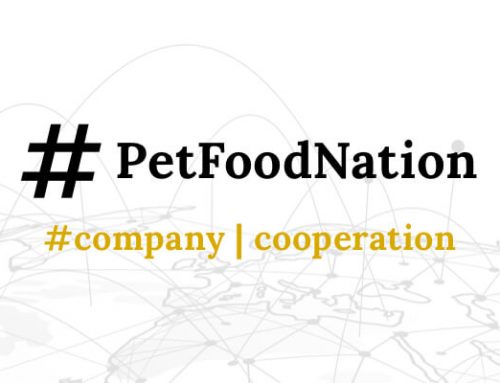In the first quarter of Nestlé’s fiscal year of 2022, Purina PetCare’s brands that are science-based or used for veterinary issues, made for an organic headline growth. Regarding the pet care category, Nestlé could record a double-digit growth in North America, Europe and Latin America.
Compared to the same period in last year, the company could increase its sales in pet care business by 13.5% (4.12 billion Swiss francs ($4.29 billion USD)). Nestlé’s sales in the pet sector grew by 13.6% which is the second-highest increase across all categories.
“Growth was broad-based and supported by increased pricing, with market share gains, particularly in coffee, pet food, culinary and Nestlé Health Science,” said Francois-Xavier Roger, chief financial officer, in an April 21 earnings call. “…Sales in most segments and geographies grew at a double-digit rate with market share gains. Purina’s performance was driven by sustained strong demand for premium products Purina Pro Plan and Purina ONE, as well as veterinary products.“
Furthermore, CFO Roger mentioned Purina’s progress entering the Asian market. Compared to the markets in Europe and the United States, the Asian one is “still at a relatively early stage of development”.
Nestlé increased prices across all its products by 5.2% to fight cost inflation, the pet care business recording the strongest increase with 7.7%.
“Cost inflation continues to increase sharply, which will require further pricing and mitigating actions over the course of the year,” said Mark Schneider, chief executive officer at Nestlé.
Nestlé’s confirmed prediction for 2022 contains a 5% organic sales increase and a trading profit margin 17% and 17.5%.
„Nestlé now excludes Russia from organic sales growth because of disruptive trading conditions and the company’s decision to focus on essential food in the country“, Roger said.
“The impact from cost inflation is expected to be significantly higher in 2022 versus 2021,” he said. “Compared to when we talked to you in February, we now expect an even greater inflationary impact as a result of the war in Ukraine.”
“This is a highly volatile situation, and I think the company is fully focused on navigating this very particular circumstance where we have significant input cost inflation, and then of course, we have to take responsible pricing action, but this is not an environment where it’s easy to share detailed forecasts,” he said. “And it’s really literally day-to-day, week-by-week.”
Defending the company’s decision to further sell food to Russia, he explained:
“It’s very hard, as you can imagine, for a food company to tell them to stop supplying food, just like it’s hard for a pharma company to stop making medicines or for a hospital to stop accepting patients. And for us, a presence on the ground is never just a business opportunity. It also comes with what I call extensive rainy-day responsibilities for the communities we serve,” Schneider said.
Read the full article – petfoodprocessing.net



